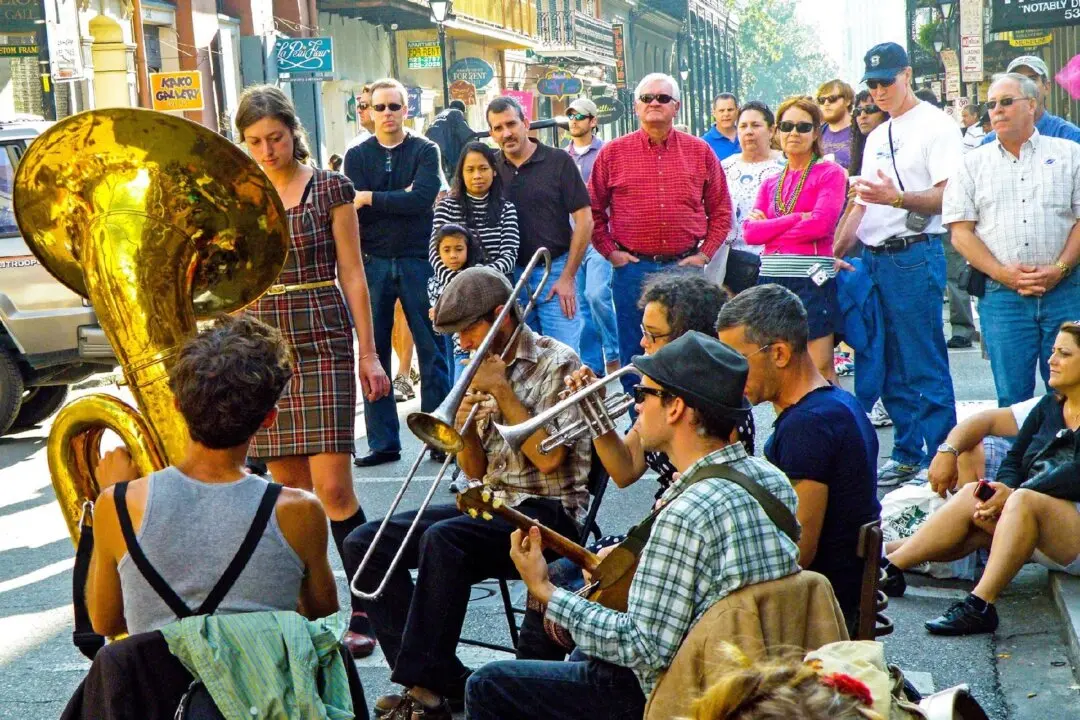The advertisement for a Caribbean hotel touts “ocean view,” and there is—for guests who climb to a rooftop terrace and peer far into the distance. A restaurant website is replete with rave reviews that give no hint they were written by people who were paid for their positive ratings. The photograph shows people enjoying a nearly deserted beach that, in reality, is usually is packed with other sunbathers.
When it comes to making travel plans, whether you’re picking a destination, place to stay or eat, or handling other arrangements, it’s wise to keep in mind that tried-and-true adage, “If it sounds too good to be true, it probably is.”
While the majority of travel-related ads and reviews are legitimate, a surprising number aren’t. Research by the University of Illinois and BestSEOCompanies.com, a firm that helps businesses select the best search engine optimization vendors, suggests that as many as 20 percent to 40 percent of online reviews are fake.
In fact, there’s an entire mini-industry consisting of so-called review farms that will—for pay—furnish positive write-ups and recommendations for companies, including some in the travel field.





